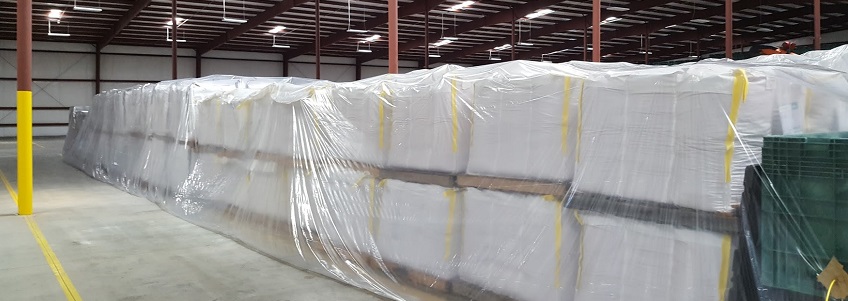Fumigation Services in kenya
The bulk storage of grain and rice can provide ideal breeding conditions for pests. An infestation is often hard to detect in the early stages, with very low concentrations of insects. Even a single insect in every kilogram of wheat will mean that a lorry load of grain can still introduce tens of thousands of pests into a storage facility.
Grain Fumigation can provide the answer at an early point in the cycle, eliminating even very low initial levels of pest infestation. Pest Fumigation supports farmers (stack and silo fumigation), millers (bin fumigation), logistics firms (shipping and containers) and importers/exporters. The use of phosphine gas, generated from aluminium phosphide or magnesium phosphide, allows the safe fumigation of foods, without harmful residues. This gas can also successfully permeate associated packaging, such as cardboard, and leave the packaging intact.
The stored grain is first covered with a plastic sheet, and then gas is allowed to permeate through the commodity for around 14-28 days (with exact duration dependent on temperature). Not only adult pests are killed, but also eggs. It means that grain fumigation is a very effective way to counteract weevils, moths, beetles, mites and any other stored food pests – including sawtooth grain beetle, foreign grain beetle, fungus beetle and flour beetle.


